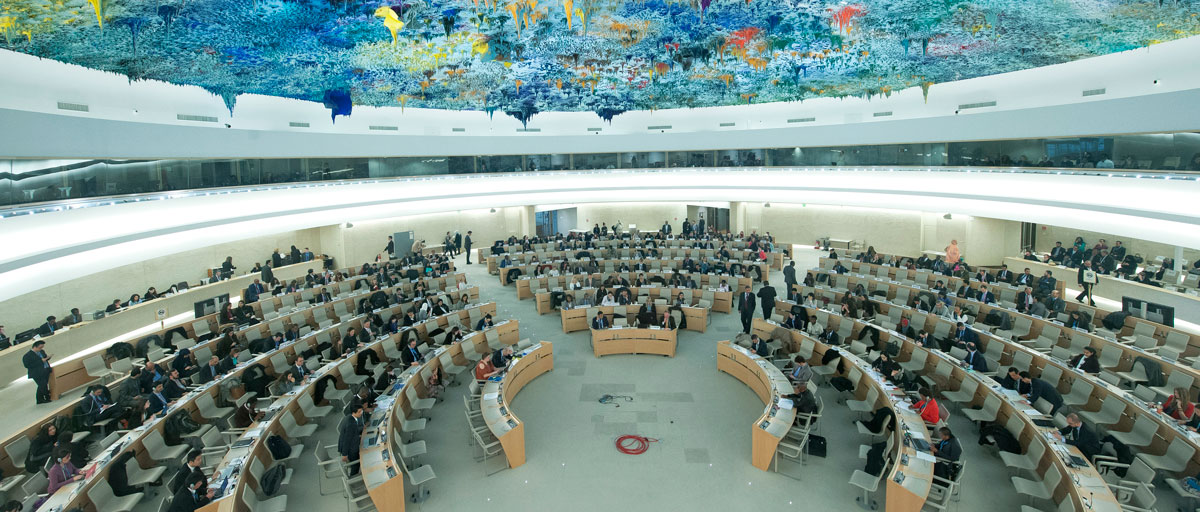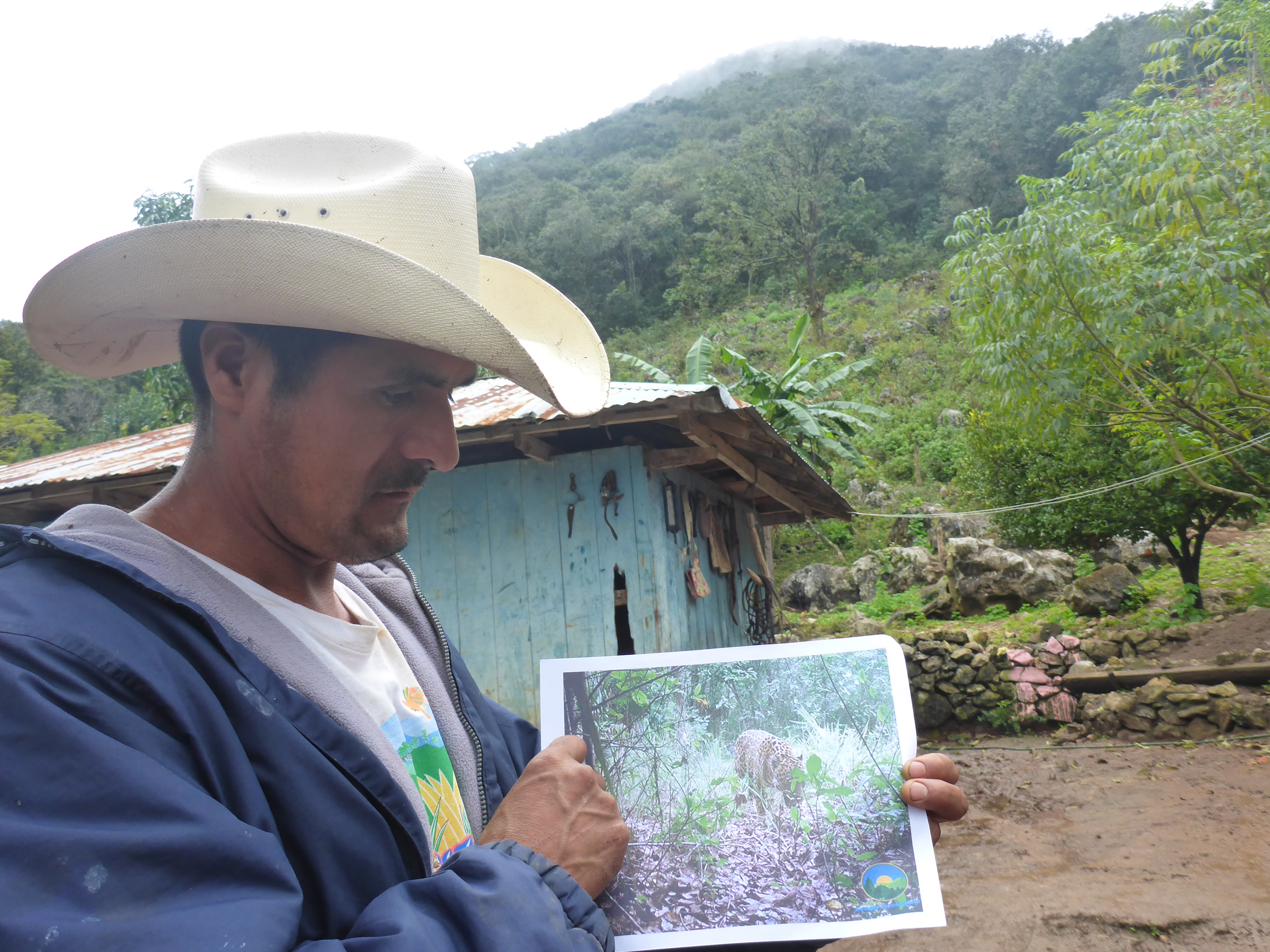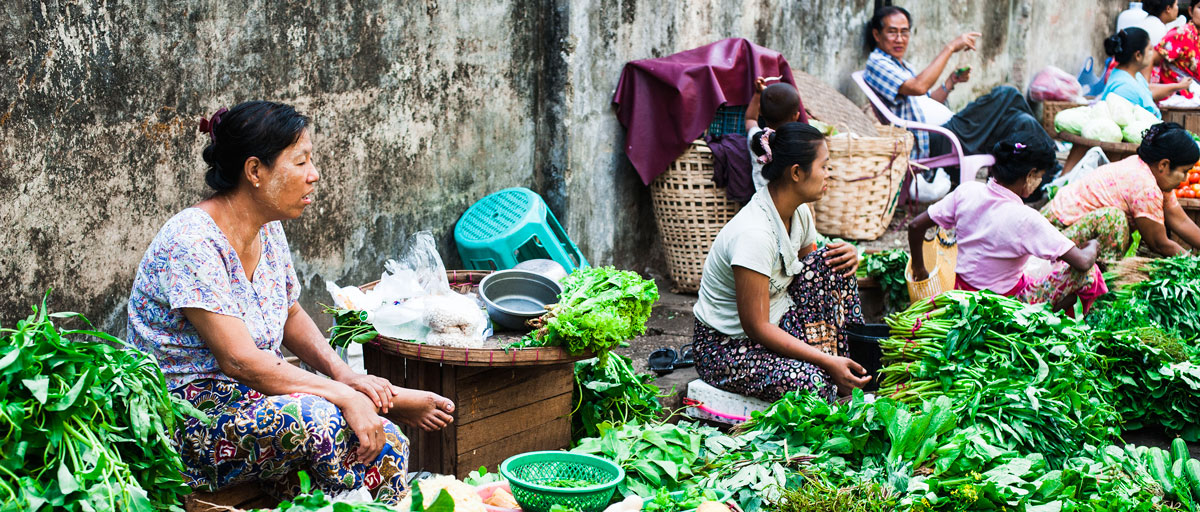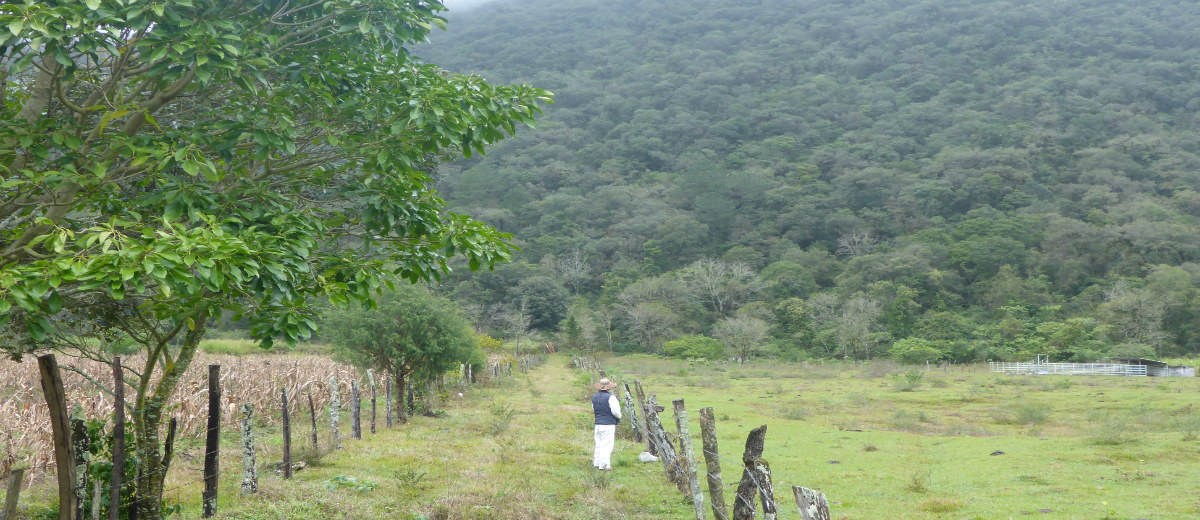
Stockholm Resilience Centre contributed to the first ever UN report on the relationships between human rights and biodiversity. It was presented at the 34th session of the UN Human Rights Council. Photo: Jean-Marc Ferr on behalf of the UN, 2016
Bildtext får vara max två rader text. Hela texten ska högerjusteras om den bara ska innehålla fotobyline! Photo: B. Christensen/Azote
UN Human Rights Council resolution
Healthy ecosystems are crucial for the enjoyment of universal human rights
Resolution adopted by the UN Human Rights Council builds on first ever UN report addressing relationships between human rights and biodiversity
- For the first time, a UN Human Rights Council resolution explicitly recognises the relationships between human rights and biodiversity
- There is now the momentum for addressing systemic social-ecological challenges affecting the life support systems of humans and non-human beings by exercising a broad range of human rights
- Key recommendations in the report are a call to action directed particularly at governments and business to do more to protect environmental human rights defenders who often have to risk their lives to protect the biodiversity that benefits all of us
On March 8th, the first ever UN report addressing the relationship between human rights and biodiversity by the UN Special Rapporteur on Human Rights and the Environment, John Knox, was presented at the 34th session of the UN Human Rights Council. It was followed by a dialogue with States and other stakeholders .
Claudia Ituarte-Lima, centre researcher and SwedBio international environmental law adviser, was part of the expert group consulted for the development of this thematic report on human rights and biodiversity.
Governments must do more
The report shows that for people to fully enjoy their human rights such as health and food, they need the services that healthy ecosystems provide. Because global biodiversity loss is increasing, conservation and sustainable use of biodiversity are necessary to ensure that ecosystems remain healthy and resilient.
In his presentation, the UN Special Rapporteur John Knox stated that governments must do more to safeguard biodiversity, including by protecting environmental human rights defenders who often have to risk their lives to protect the biodiversity that benefits all of us.
In the lead-up to presenting the report at the UN Human Rights Council session, Ituarte-Lima participated in a meeting convened by the UN Special Rapporteur for Human Rights and Environment to discuss actions to further the human rights, biodiversity and ecosystem nexus.
In particular, participants made proposals for implementing the recommendations in the report to help address the biodiversity crisis and its connection to human rights. This includes how to foster the protection of the rights of people especially vulnerable to the loss of access and degradation of ecosystems such as indigenous peoples, and other members of minorities groups who depend more directly on ecosystems for their food, water and culture.
The recommendations in the report are a call to action where a wide range of organisations working at different scales and in distinct parts of the world have a role to play, including addressing the global crises of biodiversity loss and the crises faced by environmental human rights defenders
Claudia Ituarte-Lima
A timely resolution
The fact that for the first time a thematic report on human rights and biodiversity was discussed at UN Human Rights Council, provides the momentum for addressing systemic socio-ecological challenges that affect life support systems and a broad range of human rights, such as the right to information, participation, freedom of expression and association.
Dr Ituarte-Lima, suggested connecting next steps with action for achieving the Sustainable Development Goals which have cross-cutting biodiversity and ecosystems dimensions and which seek to realise the human rights of all, leaving no-one behind.
A resolution was adopted by consensus by the UN Human Rights Council on Friday 24th March 2017 encouraging States to adopt an effective normative framework for the enjoyment of a safe, clean, healthy and sustainable environment, including biodiversity and ecosystems, which welcomes and builds on the above-mentioned report.
"Considering the global biodiversity crises and how important biodiversity is to human prosperity and a healthy planet, this resolution at the level of the UN Human Rights Council –a subsidiary body of the UN Assembly- is especially timely and can contribute to the urgent and coordinated action needed," emphasised Dr Ituarte-Lima.

Community monitoring of jaguars in Sierra Gorda, Mexico. Photo: C. Ituarte-Lima
Claudia Ituarte Lima is an international public lawyer with experience in both multilateral and community-based environmental initiatives. She leads the research project "Effective and Equitable Institutional Arrangements for Financing and Safeguarding Biodiversity". The project’s legal approach combined with socio-economic perspectives aims to bring new light to new challenges in equitable biodiversity governance.









